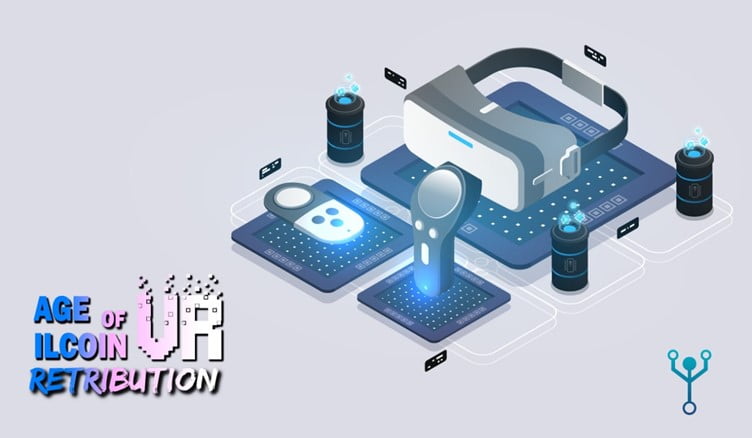Let the numbers speak as a start, when it comes to estimating the future growth of the gaming market. According to a PwC report, the AR and VR industry was valued at $46 billion in 2019, and will grow by over 30 times by 2030. Let the year 2030 stand hereon as a new planning horizon in the VR world. And though the market is only just being palpated by investors and game developers, the projects emerging on a limited or experimental basis with the inclusion of VR technologies are nothing short of breathtaking.
A video game is interactive entertainment that allows players to obtain a specific experience and have some array of emotions evoked. For example, a chase or an enthralling journey through uncharted lands are experiences that enrich the mind and allow it to keep functioning creatively – the quintessence of human development.
But while game designers are trying hard to convey experiences, they are facing numerous limitations when it comes to making such games actually run. There is a huge gap between the player and the game, which prevents full immersion. Even if the game has great graphics, an immersive interface, advanced gaming AI and so on, there is still an intermediary in the form of a controller, keyboard, mouse, monitor, and gaming platform, which, strange as it may seem – can be biased.
Despite the fact that virtual reality does not solve the problem of individual perception, it allows players to immerse in the gameplay at paces that are reaching new benchmarks year-on-year. Even some imperfections in graphics or physics can be forgiven because the brain quickly adapts to almost any conditions.
But the game itself cannot adapt unless it is adapted and this is where the need for a new platform comes in. The best solution offering transparency of all actions and extremely high processing speeds is the blockchain, which is being integrated into the systems of global IT and financial giants at impressive adoption rates.
Age of ILCOIN: Retribution is a child of blockchain ideology combined with the desire to make a game capable of contending with first-class titles. The setting itself was appropriately chosen to fit the trends so liked by modern gamers – a futuristic sci-fi world wreaked by havoc, where teams of players battle for coveted ILCOINs (ILCs).
In this dystopian world of the Age of ILCOIN universe, economies have collapsed and cryptocurrencies have become the dominant resource, forcing the player as a “Miner” to defend their base ship. The attacking droves of aliens sent by the nefarious D’Boss will act as cannon fodder for the players in frantic, non-stop shooting featuring a mix of side-splitting comedy and soul-shattering action. The advanced AI of the variety of enemies is augmented by shifting attack patterns and ambushes that seamlessly mix with the game’s internal economy.
The use of VR on a blockchain basis in the semi-open world of Age of ILCOIN: Retribution opens the curtain to what gaming could be like by the aforementioned date of 2030. The combination of VR and blockchain is viable as Age of ILCOIN: Retribution proves via its gaming experience.
The game is already available on the Steam Gaming Platform and in the Oculus Store. In the meantime, the development team is already working on its next titles and is in the process of establishing cooperation with console developers for making porting options available.



















